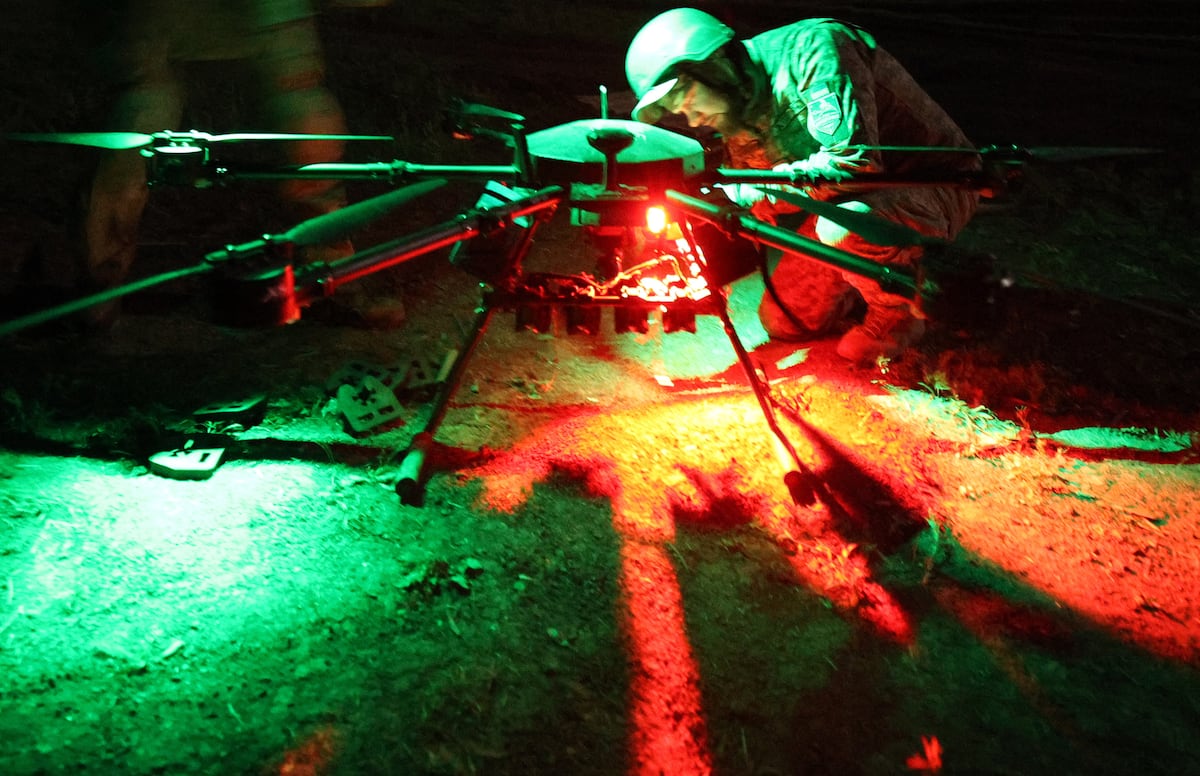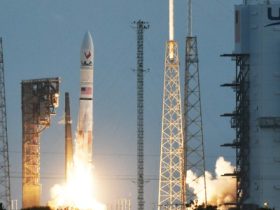WARSAW, Poland — As Ukraine continues its fight against the Russian invasion, the country’s defense companies hope to convert their wartime experience into foreign exports once a mandate lifts to supply only local forces.
The sentiment comes amid a desire by Ukrainian and European manufacturers, in particular, to forge partnerships that are meant to blossom when the country enters something of a post-war period. Local arms makers have touted their products as war-proven, tested in an intense land conflict not seen in Europe since World War 2, since the Russian full-scale invasion began in February 2022.
Vadym Ivchenko, a Ukrainian lawmaker for the Batkivshchyna party, told Defense News Ukraine’s defense industry has developed a wide range of capabilities since then. The country’s defense industry is obliged by law to supply its entire output to the Ukrainian Armed Forces, keeping the sector’s innovations local for now.
“We test all weapons and equipment in the battlefield, and all of them undergo upgrades based on the combat experience of our soldiers. We have very efficient drones that can successfully strike the enemy, and Ukrainian defense companies are very competitive with regards to drones, armored vehicles and many other types of gear,” Ivchenko said.
Ukraine is currently making efforts to ramp up its industry’s ammunition production capacities. In the long term, local plants could supply the surplus of their output to other militaries across Europe, as numerous allies are currently building up their stockpiles, according to Ukrainian officials.
“We also make mines and ammunition of different types: 122mm, 152mm and 155mm, among others. Right now, our industry produces only for our military. But once the war is over, it will be possible to export weapons that are needed by allied militaries abroad,” Ivchenko said.
Under Ukrainian law, local manufacturers are required to sell their output to the country’s armed forces to bolster its combat against Russia’s military. However, some officials have begun pointing out what they see as the limitations of such an approach, arguing the restriction deprives both the industry and the state budget of revenue.
At a Sept. 5 meeting of the Temporary Special Commission on Protection of Investors’ Rights in Ukraine’s parliament, the Verkhovna Rada, lawmaker Halyna Yanchenko said opening up weapon and equipment exports could generate a major income stream for the country.
“Weapons made in Ukraine and tested in real combat are of interest to many countries around the world,” she said, as quoted in a statement released by the parliament. “Our defense industry can annually produce goods worth $20 billion. At the same time, the state is able to purchase weapons for only $6 billion, this includes purchases from abroad. We are slowing down the development of a strategic industry through export restrictions.”
Similarly to other industry players, Ukrainian defense company Kvertus supplies its entire output of electronic-warfare and reconnaissance systems to the country’s military. However, after the exports ban is eventually lifted, the manufacturer hopes to launch foreign sales of its combat-proven systems with the help of foreign partners in Europe or the United States.
Serhii Skoryk, the commercial director of Kvertus, told Defense News the business is promoting its offers, including anti-drone jamming systems, abroad even as it cannot sell it to foreign users. The company took part in the MSPO defense industry show in Kielce, Poland, in early September.
“We are the biggest anti-drone jamming system producer in Ukraine. Our company makes around 5,000 products per month, and all of it goes to the Ukrainian Armed Forces. Kvertus equipment is combat-proven and saves lives every day. The demand is high, because a $400 drone can destroy a tank worth $10 million,” he said.
“Today, it’s forbidden to export such products, but it might be possible tomorrow. The demand abroad is huge, and we are discussing with our foreign partners how we can use our extensive experience with fighting against Russia’s attack,” according to Skoryk.
Ukraine’s industry is dominated by state-owned players, including the country’s defense giant Ukroboronprom. At the same time, the ongoing war has spurred the growth of many private companies such as Kyiv-based Kvertus.
Jaroslaw Adamowski is the Poland correspondent for Defense News.
Read the full article here








Leave a Reply